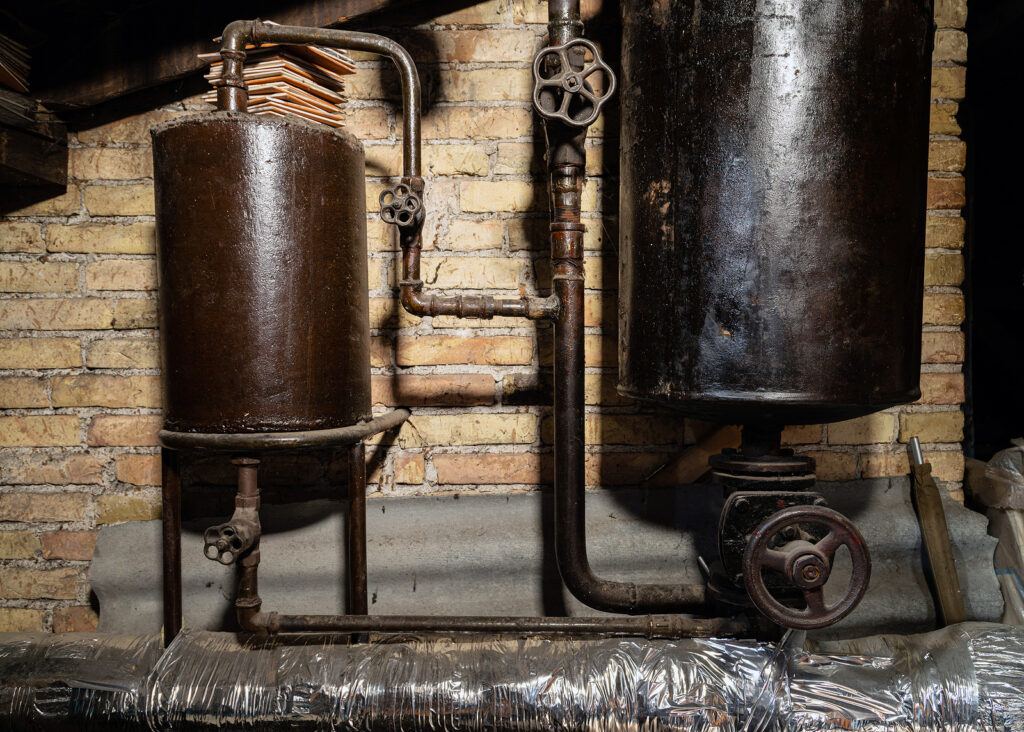
This article will explore recent changes in Ontario regarding Notices of Security Interest (“NOSI”) and how these changes impact homeowners and buyers.
A NOSI is a legal notice that a creditor has an interest in certain goods—typically equipment such as furnaces, air conditioners, or water heaters – that are installed in a home. Traditionally, businesses would register a NOSI against the title to a property when such equipment was financed or leased, using it as a form of security interest.
Unfortunately, NOSIs became tools for abuse by predatory companies that embedded NOSI clauses deep within equipment rental or lease agreements. Homeowners, often unaware of the legal implications, would only discover these NOSIs when attempting to sell or refinance their property. At that point, the NOSI would surface during a title search, potentially jeopardizing the transaction unless the homeowner paid inflated buyout prices, adding significant legal and financial burden.
What the Homeowner Protection Act Changes
The Homeowner Protection Act, 2024 (the “HPA”), passed by Ontario Legislature on June 6, 2024, intro-duces several key protections for homeowners and buyers:
- Ban on Consumer NOSIs: A key aspect of the HPA is the prohibition of registering NOSIs in the Land Registry system for consumer goods — defined as “goods that are used or acquired for use primarily for personal, family or household purposes.”
- Retroactive Expiry: All consumer NOSIs registered before the enactment of the HPA are deemed expired as of June 5, 2024.
Impact on Buyers and Sellers
- Increased Transparency: Buyers can now purchase homes with greater confidence, knowing that hidden NOSIs will no longer complicate transactions.
- Legal Clarity and Reduced Risks: Sellers face fewer unexpected costs or delays in clearing title, making for a more streamlined sales process.
Important Caveats
While the prohibition on consumer NOSIs makes a positive shift, homeowners should remain cautious. The HPA does not invalidate the underlying equipment contracts; homeowners are still legally obligated to comply with the terms they agreed to. Additionally, while the HPA retroactively cancels all existing NOSIs, they do not automatically disappear from title. Property owners must take proactive steps to discharge them.
A New Workaround: Section 71 Registrations
Some companies have already begun circumventing the NOSI ban by registering notices under section 71 of the Land Titles Act, which allows for the registration of general notices or cautionary instruments. These notices may not explicitly refer to a NOSI but can still complicate the transaction during a sale or refinancing. This workaround creates legal ambiguity and continues to pose risks to homeowners—especially those unaware of the implications of a section 71 registration.
What You Can Do:
If you are a homeowner concerned about existing NOSIs or suspicious registrations under section 71, our office can help. Our team of trusted and experienced lawyers are ready to assist you in clearing your title and ensuring there are no unwelcome surprises at closing.
